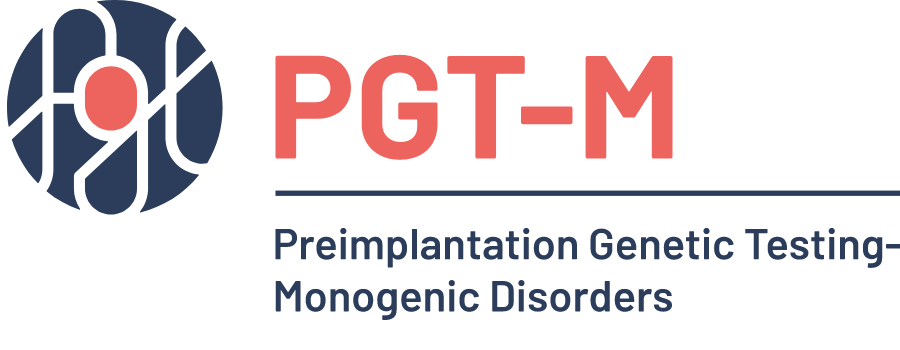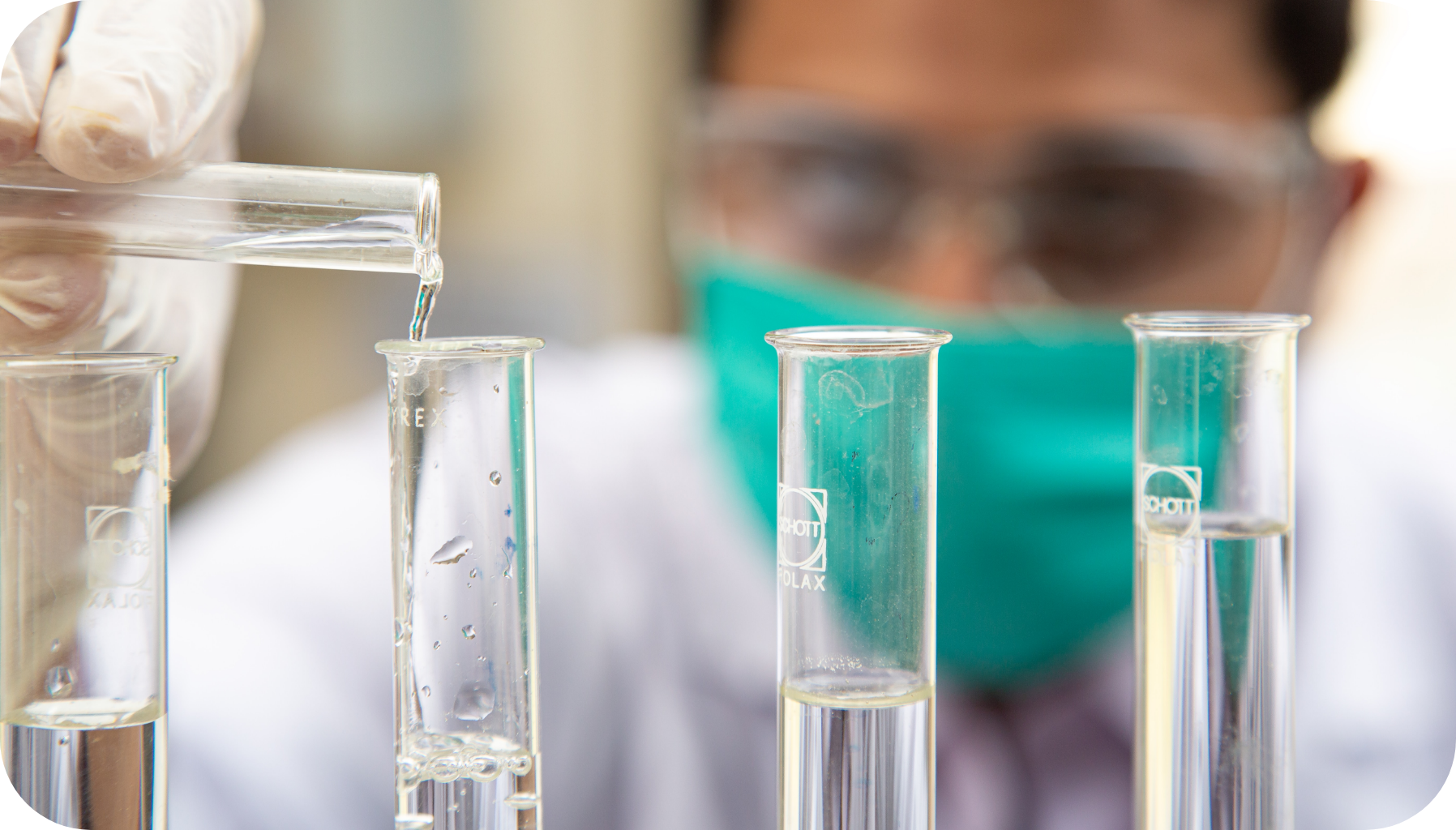

The human genome has 20,000 to 25,000 genes that contain intricate information encoded in the form of DNA. This genetic code serves as a blueprint for the synthesis of proteins, crucial macromolecules that orchestrate fundamental bodily functions such as development, growth, digestion, energy production, and structural support. However, deviations form this blueprint, in the form of mutations within the DNA, can lead to the production of faulty or missing proteins, potentially resulting in genetic disorders. The three main types of genetic disorders are monogenic or single-gene, chromosomal, and complex (disorders in two or more genes). PGT-M test for monogenic disorders, which are disorders that tend to 'run in the family'.
Learn More

What is it?
Preimplantation testing for monogenic disorders, or PGT-M, is a specialised genetic test that can seamlessly integrate into the in vitro fertilisation (IVF) process. This cutting-edge technology can be used to meticulously screen embryos for mutations associated with monogenic disorders. By analysing the genetic material of embryos, PGT-M can empower couples or individuals with the ability to identify potentially unaffected embryos. Healthy embryos can then be selectively chosen for transfer during the IVF process, thereby reducing the risk of passing on the monogenic disorders. PGT-M is often recommended for couples who have a known family history of a specific genetic disorder. This state-of-the-art technology allows couples/individuals to mitigate the risk of transmitting single gene disorders to the next generation, thereby contributing to the creation of healthier and genetically informed families. Common examples include Fragile X Syndrome, Cystic Fibrosis, Sickle Cell Anaemia and even BRCA-1 and BRCA -2.

Who's it for?
While monogenic diseases are generally rare, there are circumstances where PGT-M testing is advised in your IVF journey. This will allow for the selection of embryos that are free of mutations for monogenic disorders. PGT-M is advised in the following scenarios: (1) if you or your partner have a known family history of a specific monogenic disorder, (2) if you or your partner know that you are a carrier of a mutation that is associated with a monogenic disorder, (3) couples who have had a previous child with a monogenic disorder, (4) advanced maternal (over 35 years of age) or paternal age (over 40 years of age), and (5) certain ethnic or population groups. It is important to consult with your IVF clinic for professional advice tailored to your individual needs.

When is it done?
PGT-M testing is done in conjunction with your fertility clinic. Following fertilisation, the developing embryos are cultured in a laboratory for five to six days until they form a blastocyst. At this point, an experienced embryologist will biopsy a few cells from the outer layer of each blastocyst (i.e. cells that will form the placenta) which will be sent to FutureGen laboratories for PGT-M. The biopsy process will not harm the embryos and they will be left to develop as per normal while genetic testing for mutations associated with monogenic disorders is carried out. Once the results for PGT-M are available, only unaffected embryos will be selected for uterine transfer. PGT-M is not a routine part of the IVF process and your reproductive specialist and/or genetic counsellor will advise on whether testing is recommended based on individual circumstances and risk profile.

How does it work?
FutureGen laboratories will screen embryos for mutations associated with monogenic disorders and report the results back to the referring clinician. PGT-M is typically carried out together with PGT-A to check for chromosomal abnormalities. At FutureGen, our commitment to excellence is reflected in our use of state-of-art technology, adherence to stringent testing guidelines, and ethical conduct. We take pride in our ability to deliver results in a timely and efficient manner, ensuring that you receive accurate and reliable information to make informed decisions in your reproductive journey.
What is PGT-M?
